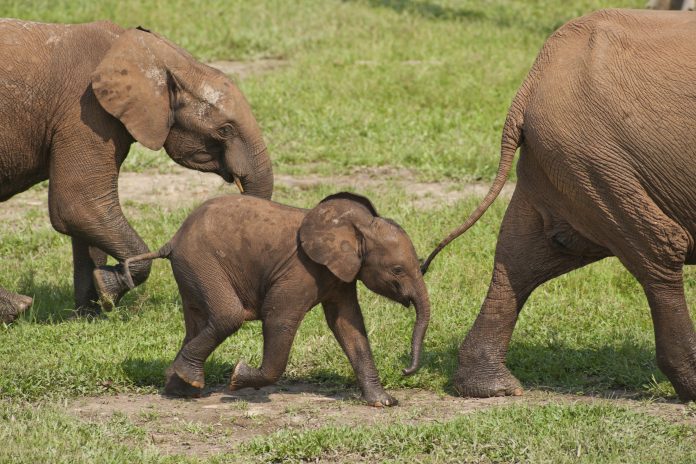The World Wide Fund for Nature has rung the alarm bells as their new Living Planet Report shows a 73% decline in the average size of monitored wildlife populations over 50 years.
The latest Living Planet Index worryingly shows that the world is approaching dangerous, irreversible planetary tipping points driven by the twin threats of nature loss and climate change.
The Index is produced by the Zoological Society of London and is based on almost 35,000 population trends and 5,495 species of vertebrates (amphibians, birds, fish, mammals and reptiles).
A snapshot of the Living Planet Index shows that:
- The strongest decline has been in freshwater ecosystems (85%), followed by terrestrial (69%) and then marine (56%).
- In Africa, the average decline in monitored wildlife populations stands at 76%
- Habitat loss and degradation, driven primarily by our food system, is the most reported threat to wildlife populations around the world, followed by overexploitation, invasive species and disease.
- Climate change is a particular additional threat to wildlife populations in parts of the world.
The report further states that reversing current trends will require radically scaling up effective and inclusive conservation action on the ground, as well as addressing the drivers of climate change and nature loss, such as transforming our energy, food and finance systems.
Dr Deon Nel, Head of the Environmental Programme at WWF South Africa, commented:
“What happens over the next five years will be crucial for the future of life on Earth. We have the power – and opportunity – to change this trajectory. In December 2022, South Africa, along with 195 other countries, signed a global plan to halt and reverse the loss of biodiversity and set nature on a path to recovery by 2030. This requires us to think, act, collaborate and marshal resources at exponentially different scales. Incremental gains will not be enough. Institutions will need to reinvent themselves to rise to this challenge.”
Kirsten Schuijt, Director General of WWF International adds nature is issuing a distress call.
“The linked crises of nature loss and climate change are pushing wildlife and ecosystems beyond their limits, with dangerous global tipping points threatening to damage Earth’s life-support systems and destabilize societies. The catastrophic consequences of losing some of our most precious ecosystems, like the Amazon rainforest and coral reefs, would be felt by people and nature around the world.”
To read the full report click HERE.
READ: WWF South Africa welcomes the signing of the Climate Change Act




